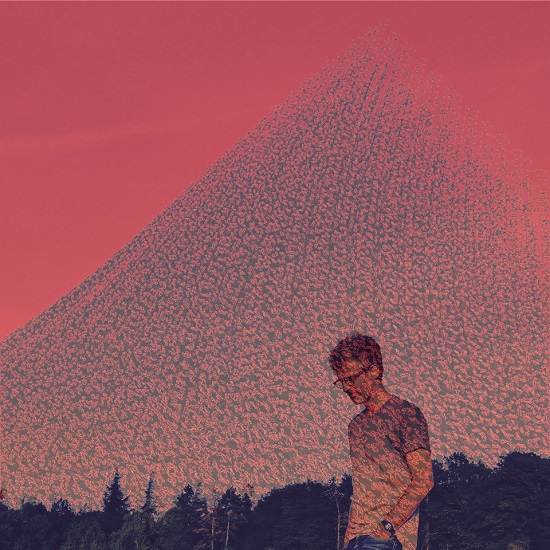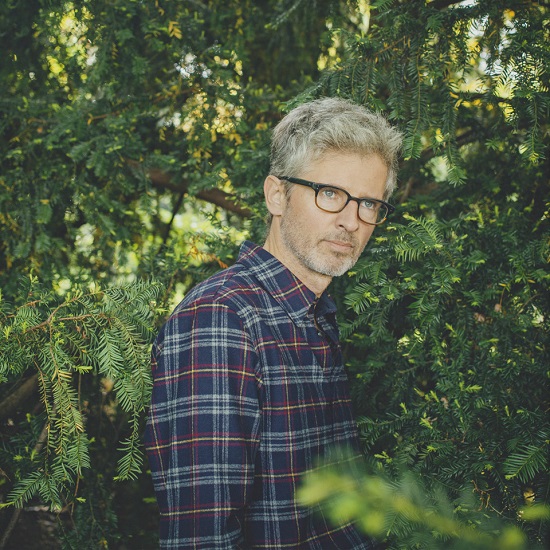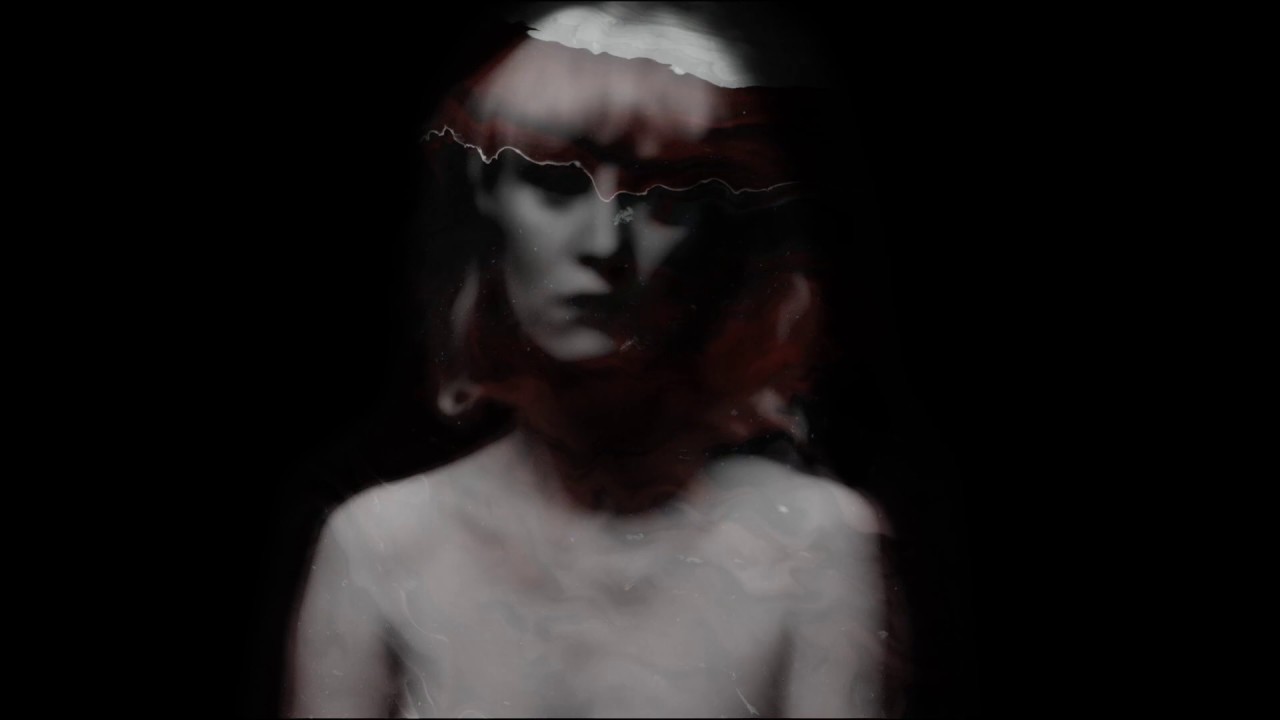Photo by Jean-Francois Robert
When Benoit Carré released his album ‘Hello World’ under the name SKYGGE in 2018, he established what may well be looked back upon as a pivotal moment in the integration of artificial intelligence into the creation of music. The musician fed songs and melodies into a program called Flow-Machines, which then used them to make music of its own. Taking these results to a cast of collaborators, he crafted them into a slick pop album that stands up in its own right.
For his next project, Carré has used collaborators of a different kind – recordings of traditional folk songs, often from decades ago. Again, AI programming generated new possibilities, and Carré took them to French double bass player Stéphane Kerecki and a string quartet who performed the AI arrangements.
The first song released from the EP, a rework of Pete Seeger’s a capella version of ‘Black Is The Colour’, is sublime. Carré fed Seeger’s voice through AI, and with it was able to generate a whole choir to be his backing. On other tracks, he used William Byrd’s ‘Mass For Three Voices’ to enrich a version of ‘Amazing Grace’ sung by Canadian folk artist Krystie Kristmanson, and transformed a piece of harp music from the Romantic period into an acoustic guitar for ‘Shenandoah’, again sung by Seeger.
With the EP collecting five such compositions, ‘American Folk Songs’, Carré is not simply exploring new realms, but doing so in a way that he believes is in the spirit of folk music’s constant progression. On 3 October, he’ll be giving an exclusive live performance at London’s Rich Mix, featuring real-time mixing of the songs, live performance from Kristmason and generated fractal images.
For tickets and info about the Rich Mix show, click here, and for our interview with the innovative musician, scroll on.
Could you explain how the process of using artificial intelligence for ‘American Folk Songs’ worked?
Benoit Carré: The technology (a prototype) allows a musician to generate an orchestration for a given melody, in any given style. The prototype needs only one piece of music at one time to generate a result. For example, I fed the system with a song from Purcell, and the system used that to generate a compelling orchestration for ‘Amazing Grace’.
For the input, the user feeds the system with a piece of music in the desired style. We can see this part of the work as the inspiration that will lead to the generated orchestration. The choice of one piece is guided by my intention. My goal is to generate a compelling harmonization or a nice orchestration that fleshes out the melody. To be able to choose a specific piece of music as the inspiration is exciting as we can try many options and we somehow always discover interesting, sometimes remarkable orchestrations.
Why folk music? And why ‘Black Is The Colour’?
BC: I started trying to play with ‘Black Is the Colour’ because I love this song, and the original recording has no accompaniment, it’s just a vocal line. I found those songs’ vocal lines very nice and beautiful, and I wanted to sort of… make shadows of the things behind these vocal lines. I was very curious to hear what the machine would generate and I was blown away by the incredible generated string arrangement.
Then, I wanted to make versions of the same variant by other singers. I found some amazing recordings and started to focus on five songs that I liked a lot and I thought would be interesting to explore. I wanted to go deeper into the sensation that I felt when I listened to those bewitching melodies, I wanted to hark back to a mysterious past while recontextualising these melodies with future production techniques. When I was playing with generated sounds and harmonies, with the intention of revealing the ‘shadow parts’ of those songs, I felt like I was continuing the folk tradition of openness and exploration.
How do you view the future relationship between AI and musicians developing?
I think that AI tools for composition and production will be integrated into ordinary digital work stations, as virtual instruments and plug-ins. Those instruments will propose generated melodies, chords, rhythms and sounds. It will allow musicians to accelerate & multiply experiments, increase the capacity of experimentation for specific tasks. This generated material will provide inspiring music for musicians; it will allow them to go out of their comfort zone, or help them when they are stuck.
I see AI tools as a complementary partner for musicians. To give them an inspiration and to help them to reach their goal with creative material.

Do you think AI will one day create music independently of humans?
BC: I heard a scientist saying that robots will have emotions when they have a body. If it happens one day, that means that robots will create their own language. I’m not sure that they will need to create music. Oliver Sacks wrote that "Music came before singing which came before speech" in his book Musicophilia. The question of an AI replacing musicians leads to another question: where does music come from? Why does music exist?
What are your plans for the live performance at The Rich Mix on October 3?
I see my live performance as an immersive experience. I mix in real time the songs of my EP with a 4 channels system. The audience hear the generated sounds and harmonies with a greater acuity and deepness. The Canadian folk singer Kyrie Kristmanson will be singing ‘Amazing Grace’. I’ve also generated animated fractal images that illustrate imaginary landscapes that will be projected onto a screen.. Those imaginary landscapes are connected to the exploration side of folk music that has always accompanied its travellers; I feel like continuing the tradition of folk music with this project.
What would you like to do next?
I have a lot of ideas because I’m always creating, because my raison d’être is to be a musician, to create…
SKYGGE plays The Rich Mix in London on 3 October. For tickets, and all the info, click here



